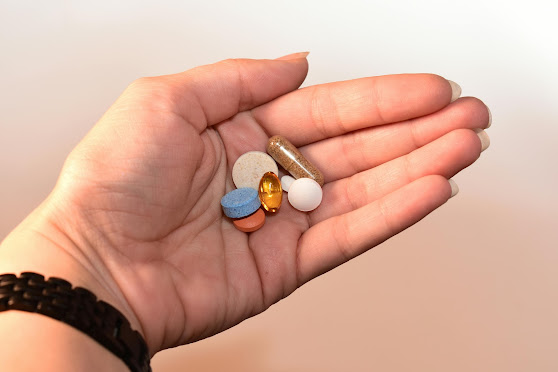Greener is the New Gold: Why Sustainable CDMOs are Winning in Pharma
The pharmaceutical industry is undergoing a transformation. While the focus on developing life-saving drugs remains paramount, a new priority is emerging: sustainability. This isn't just a feel-good initiative; it's becoming a key differentiator for pharmaceutical companies and their contract manufacturing partners (CDMOs). Gone are the days when a CDMO's only selling point was cost and efficiency. Today, pharmaceutical companies are scrutinizing their CDMOs' environmental impact. Here's why: Sustainability Goals: Many pharmaceutical companies have set ambitious sustainability goals, aiming for reduced carbon footprints and waste generation. Partnering with a CDMO that shares these goals allows them to achieve a more sustainable supply chain. Investor and Consumer Pressure: Both investors and consumers are increasingly demanding environmentally responsible companies. Partnering with a sustainable CDMO helps pharmaceutical companies maintain a positi...







